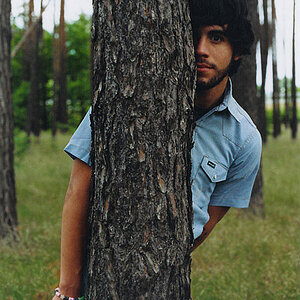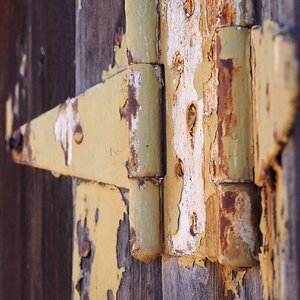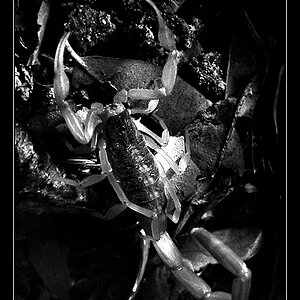JEazy
TPF Noob!
- Joined
- May 22, 2006
- Messages
- 388
- Reaction score
- 0
Alright so I've been shooting with the Nikon D50 for over a year now. Just a few days ago I realized that trying to learn photography on a digital camera was not the right thing for me to do. It's too easy to be able to check your exposure right away then fix it. It's like guess then check and I don't really learn anything from that. So last night I ordered a Nikon N90s w/vertical grip off of bhphotovideo.com. Do you think this is a good move to go back to film and learn how to properly expose a photo or would it be the same as using my digital to learn, and is the N90s a good camera? I've been reading up on it, and it seems pretty good.






![[No title]](/data/xfmg/thumbnail/40/40292-bee9ec3dc0cd7f6c47df7466ae1fa3d2.jpg?1619739409)

![[No title]](/data/xfmg/thumbnail/33/33026-d1cc9c60c2164adb92d7186eedb0673d.jpg?1619735840)


![[No title]](/data/xfmg/thumbnail/32/32636-5a159481dcab8aaf87f2d7b501496db1.jpg?1619735554)
![[No title]](/data/xfmg/thumbnail/32/32637-865ab9beec7e00237b64e4fcb8fe947f.jpg?1619735555)

![[No title]](/data/xfmg/thumbnail/32/32634-5acd0e44e1d927b93e8723d9184555d9.jpg?1619735554)